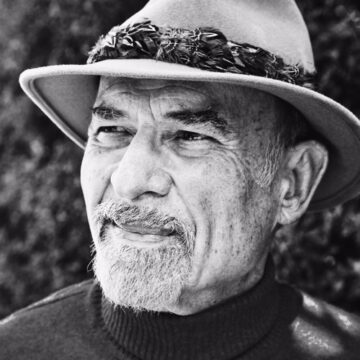by Marie Snyder
 CW: As the title suggests, there will be discussion of death and dying and some mention of suicide in this post.
CW: As the title suggests, there will be discussion of death and dying and some mention of suicide in this post.
I thought nothing of following up my last post on Irvin Yalom on the meaning of life with Yalom on the meaning of death, until I started writing here. The very reality of being a bit wary of broaching the subject reveals the strength of societal taboos against admitting that we’re all going to die. Until it’s staring us in the face, we delude ourselves into thinking we will get better and better, mentally and physically, despite that our brain starts to shrink in our 30s, and our joints and organs will start to give out not so long after. We work hard to keep death clean and sanitized so the reality doesn’t seep in too much, and we try to do all the right things to keep death at bay: exercise, various special diets, wearing masks to avoid viruses. We can fix some evidence of erosion with meds and surgeries, sometimes miraculously, but some people even hope to keep their brain going long after their body dies.
A few recent shows and films have me thinking of death further. The final episode of How To with John Wilson explores the cryogenics world, which appears to be an incredibly lucrative insurance scam. The movie Mickey 17 lightheartedly explores what it might be like to regenerate over and over again, and it doesn’t look pleasant. But Lee, the story of photographer Lee Miller, who took famous photos of the holocaust, helps us feel the resolve it requires to look death in the face. Kate Winslet captures the instinct to turn away and then intentionally turn back to open that door over and over. The ending takes a slightly different path, exploring how little we might be known even as we live. In burying our past, we can end up hiding from life. Yalom wants us to come to terms with the endpoint of our lives, and points out that the desire to be fully known, which is impossible, is yet another defence against accepting the finality of death by remaining alive in memories. We look for any loophole to refuse to believe we’ll be well and truly gone.
In the documentary, Yalom’s Cure, Yalom explains that he started out working with a support group for people dying of cancer. One of the participants said that it’s too bad it took dying of cancer to learn how to live, and Yalom decided we need to figure out how to do that sooner. It was then he noticed how strongly we defend ourselves from any acknowledgement of death. Read more »
